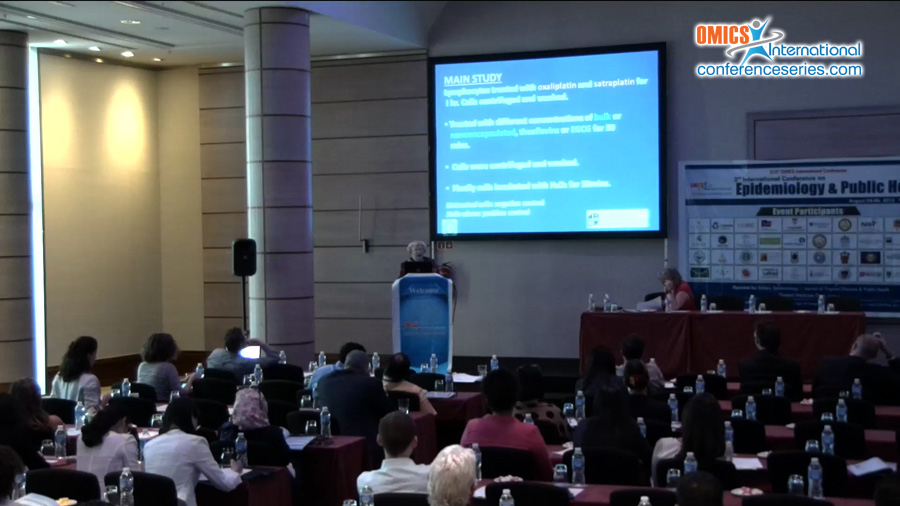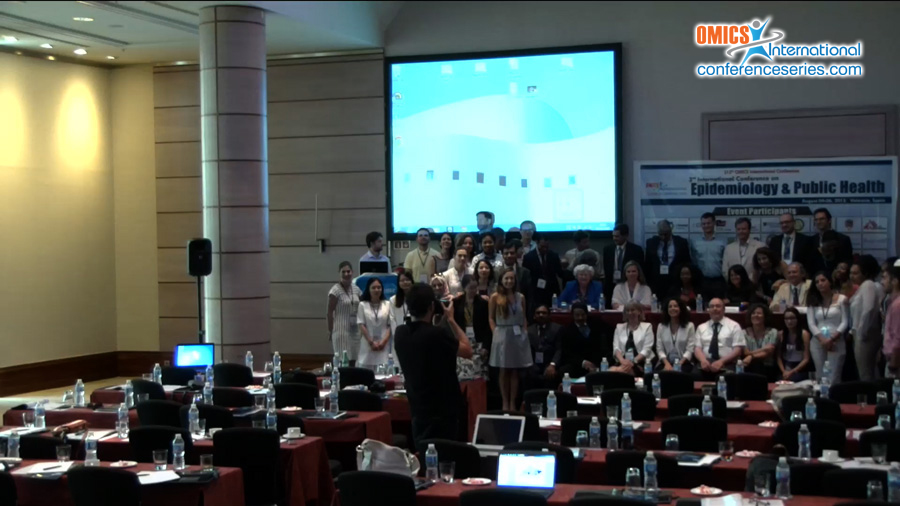
Diana Anderson
University of Bradford, United Kingdom
Title: Administration of tea phenols in bulk and nanoparticle form reduces and increases respectively DNA damage in human lymphocytes from colon cancer patients and healthy individuals treated in vitro with platinum based chemotherapeutic drugs
Biography
Biography: Diana Anderson
Abstract
Tea catechin epigallocatechin-3-gallate (EGCG), and other polyphenols such as theaflavins are increasingly proving useful as chemopreventives in a number of human cancers, and can also affect normal cells. The polyphenols in tea are known to have antioxidant properties that can quench free radical species, and also pro-oxidant activities that appear to be responsible for the induction of apoptosis in tumour cells. The bioavailability of these natural compounds is an important factor that determines their efficacy. Nanoparticle-mediated delivery techniques of EGCG and theaflavins have been found to improve their bioavailability to a level that could benefit their effectiveness as chemopreventives. The present study was conducted to compare the effects of theaflavins and EGCG, when used in the bulk form and in the biopolymer (polylactide-co-glycolide)-based nanoparticle form, in oxaliplatin- and satraplatin-treated lymphocytes as surrogate cells from colorectal cancer patients and healthy volunteers. The results of DNA damage measurements by the Comet assay revealed opposite trends in bulk and nanoparticle forms of theaflavins as well as EGCG. Both the compounds in the bulk form produced statistically significant concentration-dependent reductions in DNA damage in oxaliplatin- or satraplatin-treated lymphocytes. In contrast when used in the nanoparticle form both theaflavins and EGCG, although initially causing a reduction, produced a concentration-dependent statistically significant increase in DNA damage in the lymphocytes. These observations support the notion that theaflavins and EGCG act as both antioxidants and pro-oxidants, depending on the form in which they are administered under the conditions of investigation.


